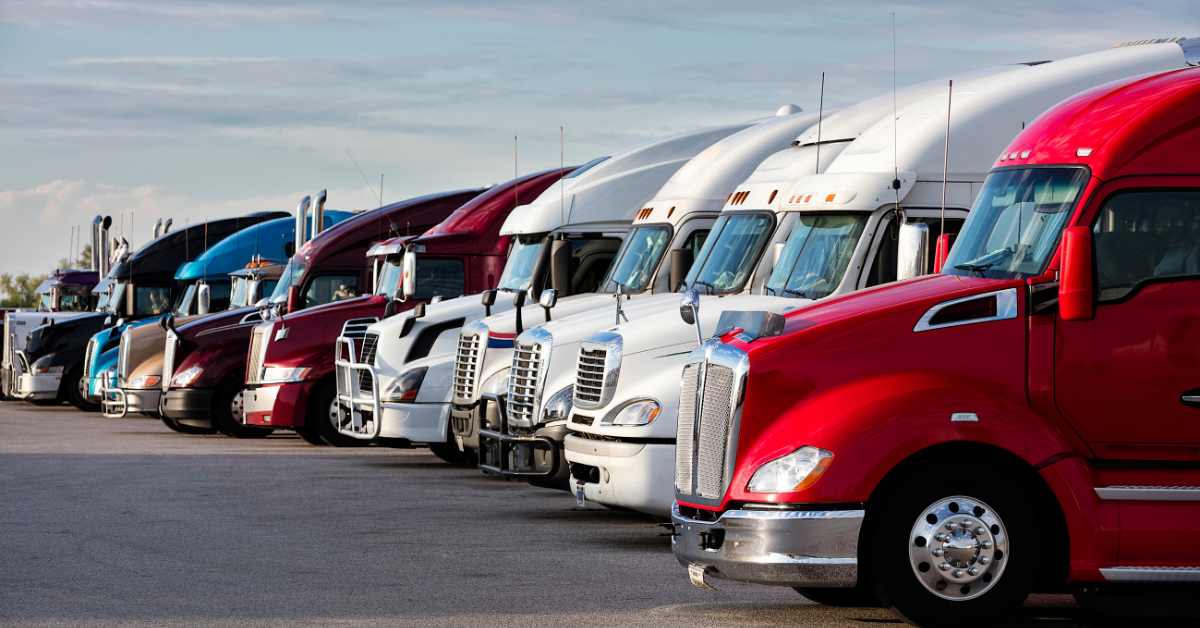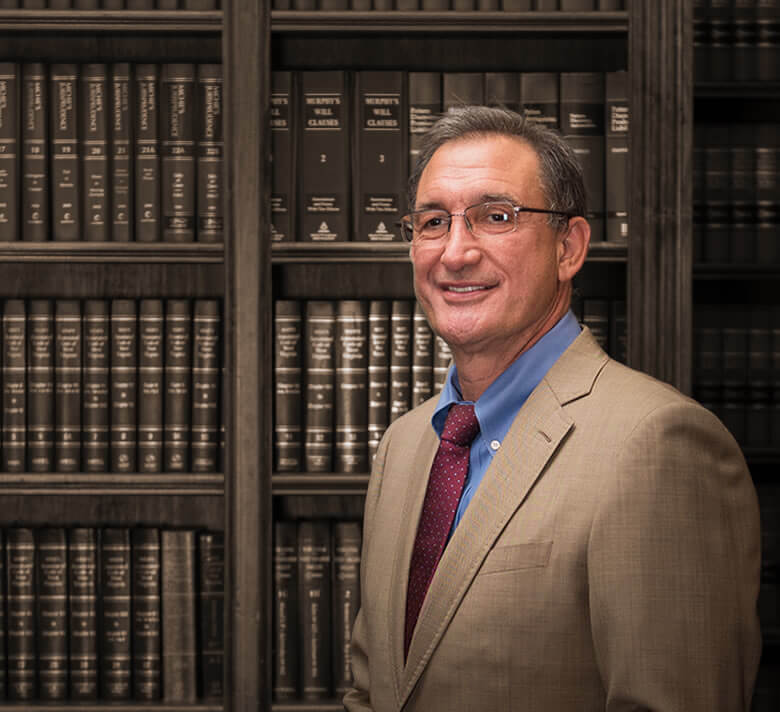
Truck accidents are some of the most severe collisions on the road. Whether you’re driving a car or another large vehicle, sharing the road with trucks can be dangerous if safety regulations aren’t followed. In West Virginia, understanding WV trucking laws is essential to ensure that truck drivers and companies operate safely, reducing the risk of accidents and protecting both truckers and other drivers. If you’ve been involved in a truck accident, understanding these regulations can help you understand your rights and the legal process.
In this article, we’ll break down the key trucking regulations in West Virginia, what they mean for truck drivers and companies, and why they matter for your safety.
Before a trucking company even hires a new driver, there are important regulations they must follow. The Federal Motor Carrier Safety Administration (FMCSA) requires companies to conduct thorough background checks on all truck driver applicants.
This includes checking driving histories for past accidents and any criminal records that may make the driver unsuitable for the job.
To legally operate a commercial truck in West Virginia, drivers must obtain a Commercial Driver’s License (CDL). A CDL is obtained by passing written and practical driving tests.
This ensures that drivers have the skills and knowledge necessary to handle large vehicles on busy roads.
In addition to hiring requirements, truck drivers must also agree to undergo random drug and alcohol testing. If a driver is involved in an accident, they are required to take a drug and alcohol test.
Trucking companies must also ensure that drivers undergo proper training. Well-trained drivers are less likely to make critical mistakes, such as using improper braking techniques, which can prevent accidents.
One of the most important regulations for truck drivers is the Hours of Service (HOS) rule. This rule limits the amount of time truck drivers can spend driving to ensure they don’t become fatigued.
Truck driver fatigue is a major factor in truck accidents, and these regulations aim to reduce that risk.
In West Virginia, truck drivers can drive a maximum of 11 hours during a 14-hour workday. After 8 hours of driving, drivers must take a 30-minute rest or break to ensure they are alert and refreshed.
Once they have worked their 14-hour shift, drivers must take at least 10 hours off before they can get back on the road.
Additionally, truck drivers are limited to a maximum of 60 hours of driving within 7 days or 70 hours in 8 days.
This regulation helps prevent drivers from getting overly tired and making dangerous mistakes. Violating HOS regulations can lead to driver fatigue, increasing the likelihood of accidents.

In West Virginia, just like other states, it is illegal for any driver to operate a vehicle with a blood alcohol concentration (BAC) of 0.08% or higher.
However, because of the increased danger posed by large trucks, West Virginia lowers the legal BAC limit for truck drivers to just 0.04%.
This means truck drivers must be even more cautious and refrain from driving if they’ve been drinking.
The risk of accidents increases significantly when truck drivers operate under the influence of alcohol, as large trucks take much longer to stop compared to smaller vehicles. This makes the lower BAC limit essential for keeping roads safer for everyone.
Trucking companies must ensure that their trucks are not overloaded or improperly loaded. Exceeding weight and height restrictions can make the truck more difficult to control, increasing the likelihood of rollovers or accidents.
Overloading can also cause cargo to fall off the truck, creating a hazard for other drivers.
In West Virginia, the Department of Transportation sets clear limits on the size and weight of trucks. Loads that exceed these limits require special permits.
Oversized loads, typically those weighing more than 80,000 pounds, are subject to additional regulations and safety measures.
The FMCSA also mandates proper cargo securement rules to ensure loads do not shift or fall during transport.
This includes securing hazardous materials (hazmat) correctly to prevent spills and accidents.
For trucking companies, regular equipment inspections are a crucial part of ensuring safety on the road.
Whether a company owns or leases its trucks, it is legally responsible for maintaining the vehicles in safe operating condition.
Trucking companies must follow FMCSA guidelines for vehicle inspections, repairs, and maintenance. This includes regular checks of critical truck components like brakes, tires, and lights.
Neglecting these inspections can result in truck breakdowns or malfunctions that lead to accidents.
If a trucking company fails to maintain its vehicles properly, it can be held liable for accidents caused by faulty equipment.
Routine inspections and prompt repairs are essential for keeping trucks safe on the road.

When trucking companies or drivers violate federal or state regulations, they can be held liable for accidents that occur as a result.
If you’re involved in a truck accident in West Virginia, understanding these regulations can help you understand who might be at fault and what legal options you have.
In some cases, trucking companies may be responsible for accidents caused by negligent hiring or failure to properly train drivers. In other cases, a driver’s violation of HOS or alcohol regulations may be the primary cause of an accident.
By working with a skilled personal injury attorney, you can hold the responsible parties accountable and pursue compensation for your injuries.
Truck accidents are complicated and often involve multiple parties, including trucking companies, drivers, and other motorists. If you’ve been injured in a truck accident in West Virginia, it’s crucial to have an experienced personal injury attorney on your side.
An attorney can help you navigate the legal process, investigate the cause of the accident, and ensure that you are fairly compensated for your injuries.
If you’ve been involved in a truck accident, you don’t have to face the legal process alone. At Manchin Injury Law Group, we are committed to helping victims of trucking accidents in West Virginia. Our experienced attorneys can help you understand your rights, investigate the cause of the accident, and fight for the compensation you deserve.
Contact us today for a free consultation. Let us help you get the justice you deserve.

Member at Manchin Injury Law Group
Practice Areas: Personal Injury Law, Medical Negligence, Automobile Accidents, Business Law

Attorney Timothy Manchin established the Manchin Injury Law Group in 2011 after his law partner of more than 25 years became a West Virginia circuit court judge. His focus is on helping individual clients and entire families victimized by negligent acts.
We offer a free initial consultation at our office in the Manchin Professional Building — our home since 1983 — conveniently located in Fairmont.
If you are unable to visit our firm, we can come to your home or hospital room.
Fill out the form below to get in touch!